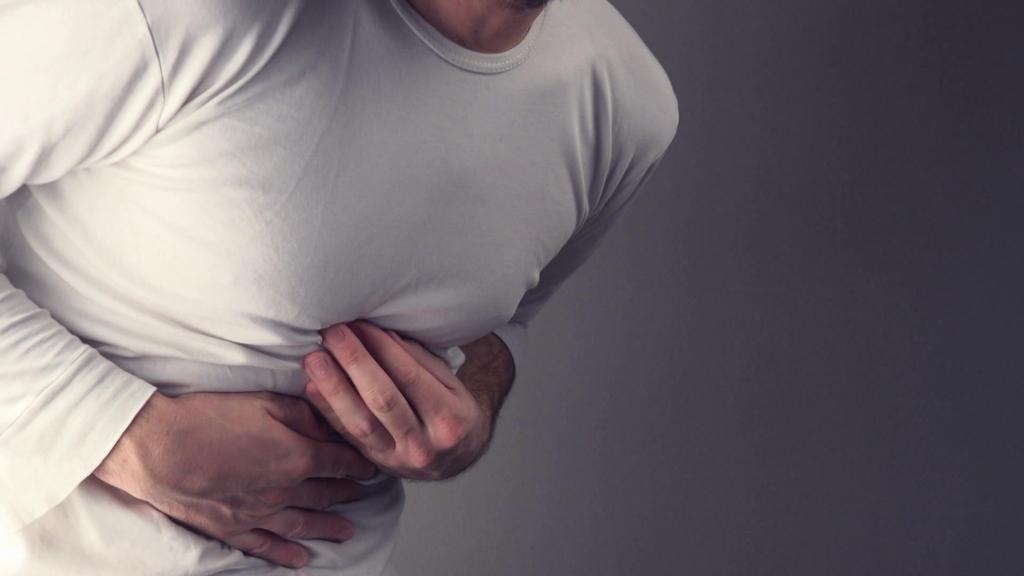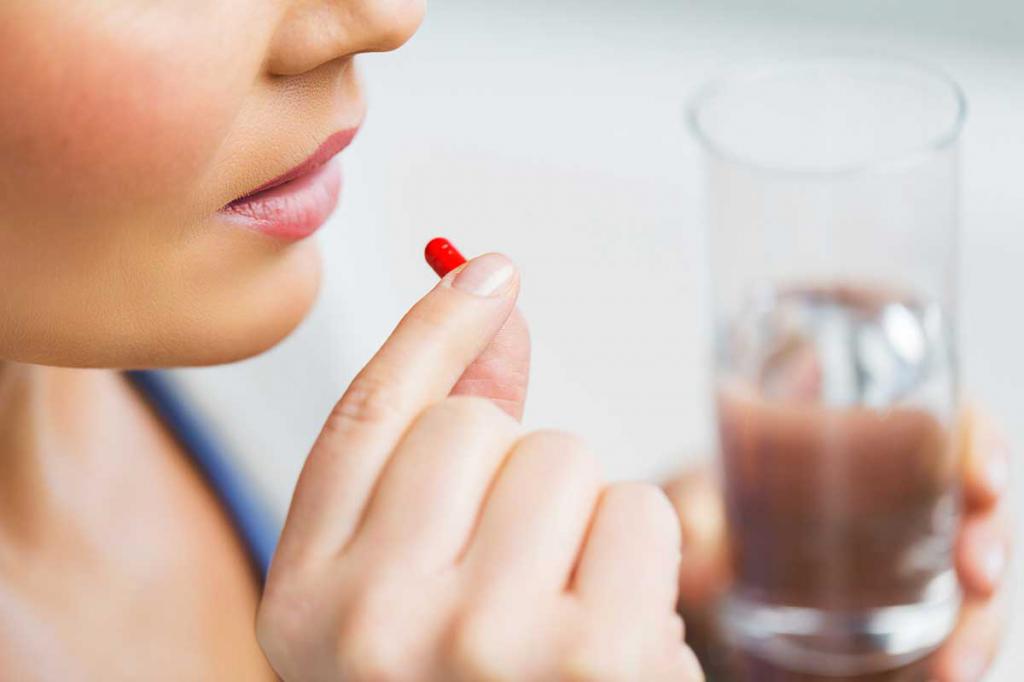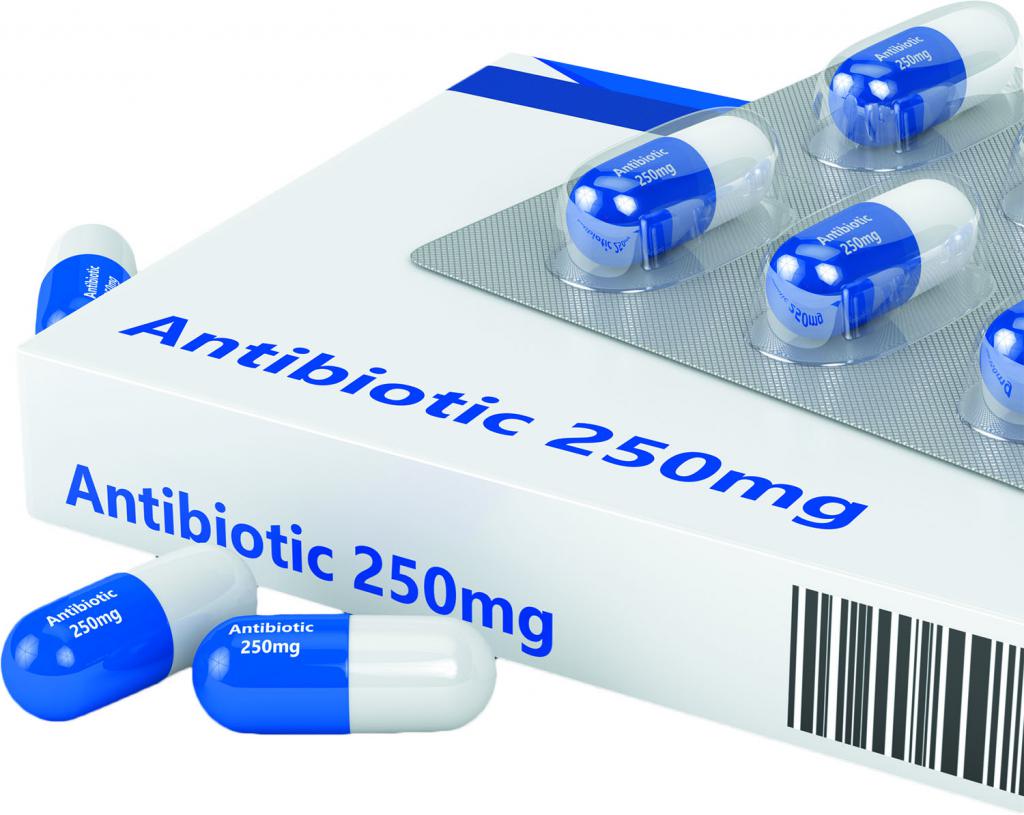For a long time, both doctors and patients believed that gastritis, ulcers and other pathologies of the gastrointestinal tract cause stress, unhealthy diet and eating such harmful foods as chips, soda, fried and smoked foods. However, in the 70s of the XX century, scientists were able to prove that most of these diseases are caused by a harmful bacterium called Helicobacter pylori. Specialists are currently successfully fighting this dangerous microorganism, but treatment is still not simple. Therefore, it is important to determine its presence in the body in a timely manner, consult a doctor and start therapy. What is the danger of Helicobacter pylori and how to get rid of it? These issues will be discussed in detail in this article.
What is this bacterium and how is it dangerous?
First of all, in order to understand how to get rid of Helicobacter pylori, you need to study in detail the information about the microorganism itself. Knowing more about these harmful bacteria, the patient will be able to better understand not only the principle of the appearance of many diseases of the gastrointestinal tract, but also the methods of their treatment. So, Helicobacter pylori is a dangerous microorganism that is found in people suffering from gastritis, ulcers, and duodenal pathologies. It got its name from the pyloric stomach. It is there that she lives and reproduces best. Initially, it was believed that there were no microorganisms that could survive in the acidic environment of the stomach, but in 1979, scientists from Australia were able to detect and then independently grow the bacterium in the laboratory. For this discovery, they subsequently received the Nobel Prize, as it radically changed the methods of treating diseases of the digestive tract.
What is the danger of this bacterium? Of course, first of all by the fact that it is she who is the main reason for the appearance of gastritis in patients. Helicobacter pylori is not only able to survive in an acidic environment, but it is there that it reproduces very well. An increase in the number of microorganisms provokes the appearance of a larger number of foci of inflammation, exacerbating the patient's well-being. If treatment is not started on time, then gastritis can develop into an ulcer. With a prolonged absence of therapy, a person may begin to suffer from atrophy and metaplasia of the stomach, which, in turn, are harbingers of cancer.
How can you get this bacterium?
Thus, it is a dangerous microorganism, the reproduction of which can lead to the appearance of serious diseases. Therefore, it is important not only to know how to get rid of Helicobacter pylori forever, but also how to prevent re-infection.
Scientists managed to study this bacterium in detail. It is known that it is not transmitted through the air, since it dies almost immediately, being in an open environment. But the infection survives well and multiplies in saliva and mucus. Therefore, most often infection occurs through the use of general hygiene products or utensils. The transmission of bacteria is possible with a kiss. Thus, if one family member has contracted Helicobacter pylori, then it is likely that his other close relatives will soon experience similar unpleasant symptoms.
What are the symptoms of infection?
It is important not only to know how to get rid of Helicobacter pylori bacteria, but also how to determine it by the initial symptoms. After all, curing the disease at an early stage is much easier. As a rule, patients detect the first unpleasant symptoms as early as 6-8 days after infection. However, in practice, there were cases when Helicobacter pylori was in the stomach for years, but did not manifest itself. Their activity can be provoked by malnutrition, smoking, alcohol abuse, stress or weakened immunity.
Most often, people suffer from typical manifestations of malfunctions in the gastrointestinal tract. They complain of heartburn, belching, nausea, which can sometimes develop into vomiting. Pain in the stomach at this time is not very pronounced, so many people simply do not pay attention to them and do not seek help from a doctor. Unpleasant sensations, as a rule, most often appear on an empty stomach and subside after eating.
What diagnostic methods can determine the infection?
Before getting rid of the Helicobacter pylori bacteria, it is necessary to conduct an accurate diagnosis to confirm its presence in the human body. Doctors use several methods for this. The easiest way to conduct non-invasive tests, which include blood tests and a study of the air exhaled by the patient. Their advantage is not only the speed of obtaining results, but also low cost. However, such tests are also not very accurate.
Therefore, many specialists for diagnosis prefer to conduct endoscopic examination. A qualified doctor with an endoscope carefully examines not only the stomach, but also the esophagus. He can visually determine if there are foci of inflammation on the walls of the organ, their severity, and localization. If there is a suspicion of the presence of Helicobacter pylori in the body, then the doctor will definitely do a biopsy - taking a small amount of the mucous membrane. This technique is much more accurate than non-invasive tests, especially if you take samples from several parts of the stomach at once.
How to get rid of Helicobacter pylori?
After the diagnosis and detection of these dangerous microorganisms, many people begin to seriously worry about their health and future therapy. Not all of them know about treatment methods and prognoses. Can gastritis be cured and forever forget about unpleasant symptoms? Is it possible to get rid of Helicobacter pylori for good? How serious medicines will have to be treated? How will this affect the state of the body? It is these questions that patients most often ask their doctors. Of course, without the help of specialists it is impossible to get rid of an ailment.
The defeat of the body by these bacteria is called helicobacteriosis. Almost all drugs for its treatment are antibiotics. In this case, the doctor may refuse therapy. But only if there are serious contraindications and in the case when the harm from antibiotics will be stronger than from bacteria. As a rule, Helicobacteriosis can be cured in one course of treatment. Its duration will depend on the degree of damage to the stomach and the sensitivity of the body to antibiotics. The patient must also adhere to proper nutrition. He should exclude junk food from the diet, stop smoking and drinking alcohol.
For the treatment of helicobacteriosis, doctors usually use three main regimens for taking drugs. Below we will talk about each of them in more detail.
Standard therapy
Helicobacter bacteria should be prescribed only by a qualified specialist. As a rule, for therapy, the three-component scheme is most often used, which includes three medications at once. Two of them are usually antibiotics, another is a proton pump inhibitor. It is used to reduce acidity in the stomach in order to accelerate the healing of foci of inflammation. Antibiotics are used directly to kill bacteria. Usually, doctors prescribe amoxicillin and clarithromycin - they deal best with Helicobacter pylori and are easier for patients to tolerate. At the same time, a milder dosage is recommended for older people. For them, the doctor usually selects only one antibiotic. Sometimes a specialist may additionally recommend treatment with bismuth preparations, which have a gastroprotective effect. With their help, a protective film is formed on the inner wall of the stomach, which contributes to faster healing of foci of inflammation.

Doctors tell their patients in detail how to get rid of Helicobacter pylori. In addition to prescribing drugs, they also recommend a diet that excludes fatty, fried, smoked and other harmful dishes. The course of treatment with this scheme is usually a week. If necessary, it can be extended for another 7 days. You can not interrupt taking antibiotics. Even if the patient felt improvement 2-3 days after the start of treatment, he should drink all the drugs to the end. Otherwise, the surviving bacteria can adapt to the antibiotic, and the doctor will have to pick up other medicines.
After the course of treatment, the patient should again undergo a breath test to determine whether the surviving bacteria remained in the stomach. If the standard treatment regimen did not bring positive results, then doctors are forced to switch to four-component therapy. We will tell you more about it.
Second line eradication drug therapy
However, antibiotic treatment of helicobacteria described above is not always effective. In rare cases, microorganisms do not die after three-component therapy, so doctors are forced to select other medications for patients. Such a scheme already mandatory includes a bismuth preparation, as well as a proton pump inhibitor and two antibiotics, which should complement and enhance the effect of each other. Since four medications are already used for treatment, such therapy is called four-component. At the same time, antibiotics must be new, that is, you can not use those that were used in the standard scheme described above. The fact is that Helicobacter pylori has the ability to quickly adapt and get used to the active substances of the drugs, and because of this, treatment becomes ineffective.

Most often, specialists prescribe a combination of tetracycline and metronidazole for four-component therapy. Amoxicillin, which is taken along with an antibiotic from the nitrofuran group, also shows good efficacy.
Using four-component therapy in 10-14 days you can completely get rid of Helicobacter pylori. As with the first option, it is strongly discouraged to interrupt the administration of drugs, even if the patient felt completely healthy. It is important to take the course of antibiotics to the end. Doctors also recommend a strict diet. For example, fruits, juices and dairy products should not be used with bismuth preparations, as they reduce their effectiveness. In addition, sometimes they continue to be consumed even after the end of treatment. They not only help accelerate the process of death of microorganisms, but also prevent a possible relapse of the disease.
Third line therapy
But sometimes four-component therapy does not help get rid of Helicobacter pylori forever. As a rule, this happens in extremely rare cases. Then, before prescribing new drugs, they are forced to conduct special studies that determine the sensitivity of bacteria in the stomach to certain antibiotics. They allow you to determine the most effective drugs that will definitely help defeat harmful microorganisms.
Otherwise, the treatment of Helicobacter pylori with third-line drugs resembles the four-component therapy described above. Patients are also prescribed two antibiotics that have shown the greatest effectiveness during research, a proton pump inhibitor and bismuth preparations. Complex therapy at this stage not only helps to kill harmful bacteria, but also alleviate the patient's condition. Inhibitor and bismuth preparations eliminate heartburn, belching, bloating. They also help to accelerate the regeneration of inflamed and damaged walls of the stomach, which also contributes to a faster recovery. Therefore, excluding them from therapy and taking antibiotics alone is strongly not recommended.
It is worth noting that this option is rarely used in practice, since it is usually possible to cure helicobacteriosis using a standard treatment regimen. The duration of the course in this case is also no more than two weeks.
As a rule, after selecting an effective antibiotic and following all the recommendations of the attending physician, you can get rid of Helicobacter pylori for a long time, even if the bacteria have shown resistance to certain drugs. And if you strictly follow the rules of hygiene and regularly undergo examination, then you can reduce the risk of their reappearance to zero.
Can bacteria be killed without antibiotics?
Unfortunately, antibiotics cannot be called harmless drugs, since they destroy not only dangerous bacteria, but also beneficial microorganisms. In addition, these drugs have many contraindications. Therefore, many people try to avoid their appointment, limited to taking only safe means. They wonder how to get rid of Helicobacter pylori without antibiotics, but doctors believe that it is impossible to cure bacterial gastritis or an ulcer. The fact is that these microorganisms cannot be killed with other drugs. With the help of proton pump inhibitors and bismuth preparations, you can reduce the acidity of the stomach and stop unpleasant symptoms, however, after stopping the intake, the patient will soon begin to feel worse again. Thus, therapy with helicobacteriosis without taking antibiotics is impossible.

Do not refuse treatment and attempts to get rid of Helicobacter pylori. As a rule, after taking these drugs, the body quickly recovers. In addition, doctors prescribing antibiotics try to bring benefits to the patient, rather than harm. Therefore, before starting therapy, a comprehensive examination is usually carried out, which eliminates the presence of any contraindications. If they were found, then the specialist will select another drug or adjust the dosage. Antibiotics are used even if the bacteria are in sleep mode and do not harm the patient.
These drugs are not prescribed only if taking them theoretically will bring the patient more harm than good.
How to get rid of Helicobacter pylori folk remedies?
Unfortunately, with the help of traditional medicine, it is impossible to cure Helicobacteriosis and the accompanying gastritis or ulcer. As mentioned above, this can only be done with the help of correctly selected antibiotics. However, folk remedies can be used as additional therapy to accelerate the healing process of foci of inflammation and alleviate the patient's condition.
The question of how to get rid of Helicobacter pylori folk remedies should be approached with special attention. You can take decoctions and infusions only after consulting with your doctor, as sometimes they can reduce the effectiveness of antibiotics. For example, studies have proven that coffee can reduce the number of bacteria in the stomach, but it can not be drunk for any gastrointestinal diseases. It is much more beneficial to eat broccoli, yogurt, or Japanese plums. However, it should be borne in mind that taking dairy products is contraindicated in the treatment of certain antibiotics.
Natural cranberry juice is able to inhibit the growth of Helicobacter pylori, but it is not recommended to drink it in the presence of gastritis or ulcers. Scientists also believe that it is useful for patients to use olive oil and licorice root in the form of infusions or chewable tablets. The last remedy will not help get rid of bacteria, but it will slow their adherence to the walls of the stomach. Fenugreek reduces bloating and flatulence, and the Baikal skullcap has an antibacterial effect.
What to do after treatment to prevent a recurrence of the disease?
You can not get rid of these bacteria forever - even after getting rid of them, in any case, there is a risk of re-infection. However, prevention will help reduce the likelihood of relapse. First of all, when Helicobacter pylori is found in one family member, his relatives and close friends who were in close contact with the patient should undergo a diagnosis. They can also be its carriers.
After treatment, Helicobacter pylori must strictly observe the rules of hygiene: wash hands before meals, do not eat from the same dishes with strangers. It is also recommended to abandon bad habits: smoking and drinking alcohol.A balanced diet is also important for the health of the digestive tract. Refuse spicy, smoked, fried foods, reduce the consumption of mayonnaise, fast food, carbonated drinks and other harmful products.
Can I get rid of Helicobacter pylori forever? Yes, if you follow the recommendations described above, then the likelihood of re-infection becomes extremely low. It is also worth paying attention to your immunity: drink vitamins, temper and spend more time in the fresh air.
Patient reviews for treatment
, . , . , . , . . , : , . , .
In this article, we talked in detail about how to get rid of Helicobacter pylori forever. Reviews confirm that with the right treatment, helicobacteriosis can be cured in a few weeks. It is only necessary to strictly observe all the recommendations of the doctor and not stop taking the drugs.